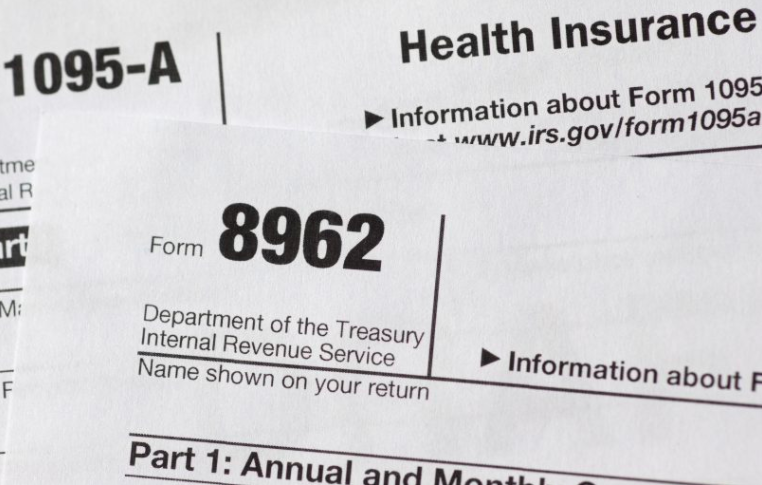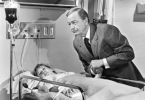aNewDomain — It’s an uncertain time for healthcare in America. The private insurance model that has existed for decades is increasingly unpopular, with more and more Americans believing some sort of universal health insurance should exist.
The Affordable Care Act may have been a step in the right direction, but the current presidential administration is openly rooting for it to fail, even taking steps that amount to outright sabotage.
Meanwhile, medical costs are higher than ever. And billing practices are purposefully cryptic. A hospital charges different rates to different people, even if the patients received the same treatment.
The American healthcare system needs, at the very least, more transparency. While there are causes for concern, there are also reasons for optimism, at least as far as the level of care goes.
Medical advancements arrive every day, and they’ll undoubtedly save people’s lives. While no one can fully predict the future, here are some clues about how healthcare in America might look over the next few years.
The way cancer is treated
Cancer is a major white whale here. If medical science could solve cancer, it would likely be considered the greatest health-related breakthrough of the modern age.
Unfortunately, we aren’t there yet. Doctors are figuring out better and more humane ways to treat people suffering from the disease, though. The Oncology Medical Home model is designed to provide patient-centric care coordination between however many doctors are treating you, and it’s designed to do it in a way that is accessible, efficient, and evidence-based.
“Accessible” is key here, as many people who develop cancer fear they’ll be financially ruined.
Think of all the crowdfunding campaigns that exist for people who did nothing wrong except develop cancer without being rich. High-quality care isn’t cheap, but that shouldn’t mean that people without money have no choice except death or bankruptcy.
Society is still figuring out how to properly compensate medical professionals without demanding patients drain their entire bank accounts and lose their homes. There are no perfect answers yet, but the fact that these conversations are happening is at least an encouraging sign.
Opening up medical training
Speaking of accessibility, a person’s background shouldn’t keep him or her from pursuing a medical career, assuming the person has the drive and talent to succeed.
Medical school isn’t cheap, as prospective doctors are often forced to take out hundreds of thousands of dollars in loans to ensure they’re probably trained.
There’s also a demand for doctors that is currently outstripping the supply. That means some states are trying to accredit additional medical schools to ensure that people who want to study medicine will have a place to do so. Keep an eye on the role of online schooling in medical education, too.
![]() Yes, doctors and nurses need plenty of hands-on training, and that’s unlikely to change.
Yes, doctors and nurses need plenty of hands-on training, and that’s unlikely to change.
But a registered nurse who wants to obtain a Bachelor’s of Science in Nursing no longer has to interrupt his or her career to do so.
He or she now has the option of obtaining such a degree by attending classes online. As the medical field continues to grow and evolve, finding new ways to train people will be key to ensuring it thrives.
Featured image: efficientgov.com.













